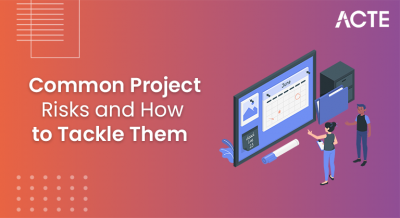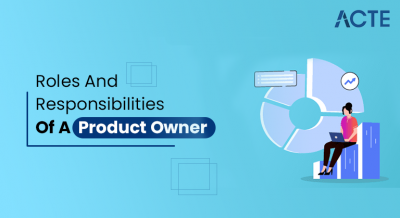
Introduction to Project Manager:
‘Project management’ provides structure and control of the project environment so that the agreed activities will produce the right products or services to meet the customer’s expectations. Projects are temporary structures which must be properly managed and controlled in order to meet their stated objectives.
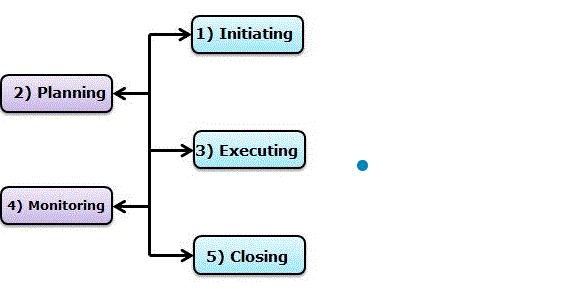
What is a Project Manager?
A Project Manager is person accountable for executing a piece of work from conception to delivery.
Who is a Project Manager?
Anyone who works projects (i.e. pieces of work) from start to end is a Project Manager. That contains people with “Project Manager” in their job title or job definition, of course but it also contains people who oversee, coordinate and provide on work however of their limited role.
How do I become a Project Manager?
There are two main routes on the career path to evolving a Project Manager. You can either go the “standard” way i.e. set out to become a Project Manager, get a capability, and take a position as a Project Manager. Or you can save achieving project leadership knowledge and operating your way up the project management career ladder without a degree, certification, or other “classical” Project Manager instruction.

What capacity do you require to evolve a Project Manager?
Being a Project Manager is almost more than just degrees and credentials. While there are lots of certificates you can take if you want to, having a degree is not needed. There are numerous other steps to evolving a Project Manager that you can take.
- Try Teamwork Today
- Try Teamwork Today
- Use Teamwork to handle multiple complicated projects with ease.
Awesome! So how do I evolve a Project Manager without knowledge?
Whoa, slow down there. We didn’t say that. Do you demand a degree to become a Project Manager? Not necessarily. Do you need Project Manager experience? Yes, yes you do. The employment way to evolving a Project Manager without a degree is all about making your hands-on project management knowledge.
Get started:
But don’t worry, it’s not entirely the chicken-and-egg situation it states like. Project Manager experience — and the Project Manager skillset — is presumably something you’ve been growing without even learning.
So if you’re looking to evolve a Project Manager without adventure, the first thing to do is start gaining knowledge in project management. (And if you’re wondering, we have more complicated tips on how to do that below.)
Phew. Now that we’ve coated the basics, let’s concentrate on the specifics.
How do I become a Project Manager?
As mentioned above, nowadays there are two kinds of Project Manager.
The “traditional” Project Manager:
Someone who deliberately launched on the project management profession course and has a capacity or qualification in project management.
The non-Project Manager Project Manager:
Also known as an incredible Project Manager. These are the people who never set out to evolve Project Managers but who find themselves performing projects as parts of their daily work anyway. For anyone wondering how to become a Project Manager, this is good news: it suggests that there are better ways than ever to get on that project administration career ladder.
- Integration management
- Scope management
- Schedule management
- Cost management
- Quality management
- Resource management
- Risk management
- Communications management
- Procurement management
- Stakeholder management
- Using a pm tool can assist you to develop your Project Manager background.
- It permits you to automate your work, fast assign assignments to groups of teams, and easily view projects in Gantt charts, as well as living able to handle all of your project help from one place.
- Using a relaxed and intuitive project management tool like Teamwork to organize your work also suggests that you can get up and operating without requiring to spend a ton of time on training or onboarding.
Pathway 1: How to evolve a Project Manager without a qualification:
Before in this direction, we talked about how more individuals are already Project Managers than they understand. Most work involves projects. And most projects apply lots of moving parts like research, planning, budgeting, coordinating, collecting resources, and much more that all need to be ordered and overseen precisely to make sure that your project stays on track. If you’re beginning to find that you’re valuing the thrill of the project management side more than any other element of your job, here’s how to break into project management without a degree.
1. Understand where the holes in your project management knowledge:
Whatever role you’re currently in marketer, designer, developer, whatever you’ve likely been whetting your project leadership talents all along.
Think about the tasks you’ve been on lately. Which of these places have you been involved in? Maybe you recreated an essential role in outlining the project plan, timeline, or scope. Maybe you were the one who drafted the funding and were capable to stop things going off-track when unforeseen costs came up.
Maybe you allowed to reallocate help across team partners to confirm that no one was over capacity. Those are all project management talents that any great project leader ought to know.
On the flipside, perhaps you haven’t had much exposure to some of the other knowledge spaces, like risk control or stakeholder management. In that case, you know just what you ought to focus on to achieve the knowledge you require to become a more well-rounded Project Manager.
2. Get (more) project management experience:
Once you’ve determined where you ought to grow, it’s time to start putting your dream into action. That’s because the #1 thing you can do if you want to evolve a Project Manager without understanding is start getting that knowledge. Take on extra responsibilities and develop your managerial skills, scheduling skills, people management skills everything you specified in step one.
3. Understand everything you can almost project management:
Always aim out possibilities to develop your project management skills and knowledge. Learn by accomplishing. Learn on the job. Learn from your errors. Discover from other Project Managers (in your business or elsewhere). See if you can locate a mentor who’ll guide you their Project Manager details. If you want to follow your Project Manager teaching but you don’t yet feel ready to fully engage, take one of the many online project management courses open on platforms like ACTE.
4. Create utilizing the right project management software:
- Whether you’ve been an incredible Project Manager for a while and you’re studying to add a formal certifications to your CV, or have always known that you wanted to be a Project Manager when you increased up, a qualification is a great way to signal your expertise and dedication to the PM profession path to employers.
- Even though a formal qualification is no extended a need to become a Project Manager it’s still worth thinking if you’re severe about upping your project management game.
- Not solely will it make better job possibilities open to you and provide you a higher rating power, but it will also teach you some project management best procedures and techniques that you might not otherwise have been disclosed to.
Pathway 2: How to evolve a certified Project Manager:
- The Project Management Professional (PMP) is a credential presented by the Project Management Institute (PMI), the highest global organization for project management specialists.
- It’s one of the most famous and well-recognized qualifications in the field and it can have a significant impact on your salary. According to the PMI, Project Managers (and other project management experts such as PM consultants, PM specialists, and program managers) with PMP certifications report 23% higher salaries on average.
- The PMP qualification is established on the PMI’s standards and procedures as outlined in A Guide to the Project Management Body of Knowledge, or PMBOK Guide.
- PRINCE2 stands for Projects in Controlled Environments, which also highlights how it varies from a PMP certification.
- While the PMP certification is knowledge-based i.e. it focuses on available project management learning and best methods for each stage of the project the PRINCE2 is project- and process-based method in and of itself.
- Unlike the PMP, it doesn’t have the exact requirements, so it might be more suitable to someone looking for a PM grounding at the start of their project management profession. It also arrives in both Foundation and Practitioner tastes for every step of your project management expedition.
- If you’re trying to choose between a PMP and a PRINCE2 certification, there are a few other elements that should affect your judgment, such as industry and geographical location (both of which can affect which goods is preferred).
- The Certified Associate in Project Management (CAPM) is an entry-level project management qualification presented by the PMI. It can be a standalone certification, or you can use it as one of the “requirements” required to progress to obtaining a PMP.
- The CAPM supplies you with a foundational understanding of project management based on the criteria and procedures drafted the PMBOK Guide.
- If you work in an enterprise where agile methods are the norm, you might choose to get an agile certification rather (or as well!).
- The PMI suggests a qualification especially created for agile practitioners, the PMI Agile Certified Practitioner (PMI-ACP).
- There’s also an agile-specific PRINCE2 certification, PRINCE2 Agile, which is open at both Foundation and Practitioner levels.
- But once you’ve determined which project management certification is exemplary for you, it’s all about knuckling down, putting in the hours, and training for the certification exam. You might also require to log more practical hours as well as completing time for all the book-learning.
- There are lots of prep classes obtainable online that can assist you to study and qualify for the exam, but eventually, it’s all about placing in the time and action. (You can do it! We believe in you!)
- As a Project Manager, you’re always examining for ways to improve efficiency and enhance operations.
- Finding the right project management tool will allow you to put everything you’ve learned in your Project Manager teaching into training. It permits you to manage your projects with more transparency, forecast more accurately, work your resources more efficiently, and write more specifically.
- Teamwork was created to help you and your workflow, however of which project management methodology you use. Whether you require a Gantt chart or a kanban board, it has all the components you require to produce your project, your way.
1. Determine which project management certification is respectable for you:
PMP, PRINCE2, CAPM, PMI-AC there’s a whole alphabet of project management degrees. It can be overwhelming. So how do you understand which project management certificate is good for you?. The first stage is to check out your choices. Which capability is most standard in your enterprise? Which one do you see detailed most in the kind of job descriptions you’re curious in?
Project Management Professional (PMP):
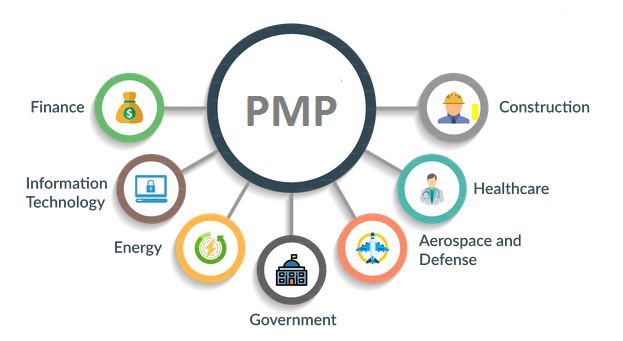
Projects In Controlled Environments (PRINCE2):
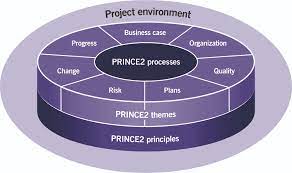
Certified Associate In Project Management (CAPM):
Agile certifications:
2. Get (and keep) your credentials in project management:
You likely thought there was going to be more steps to evolving a certified Project Manager than just:
3. Master the tools of the trade:
- Begin managing projects.
- Keep managing projects.
- Discover the talents and theory after managing projects.
- Employ Teamwork to handle your projects.
- Gain more useful at managing projects.
- Determine if you want to get a project management certification.
- Restart to handle projects.
Steps to becoming a Project Manager:
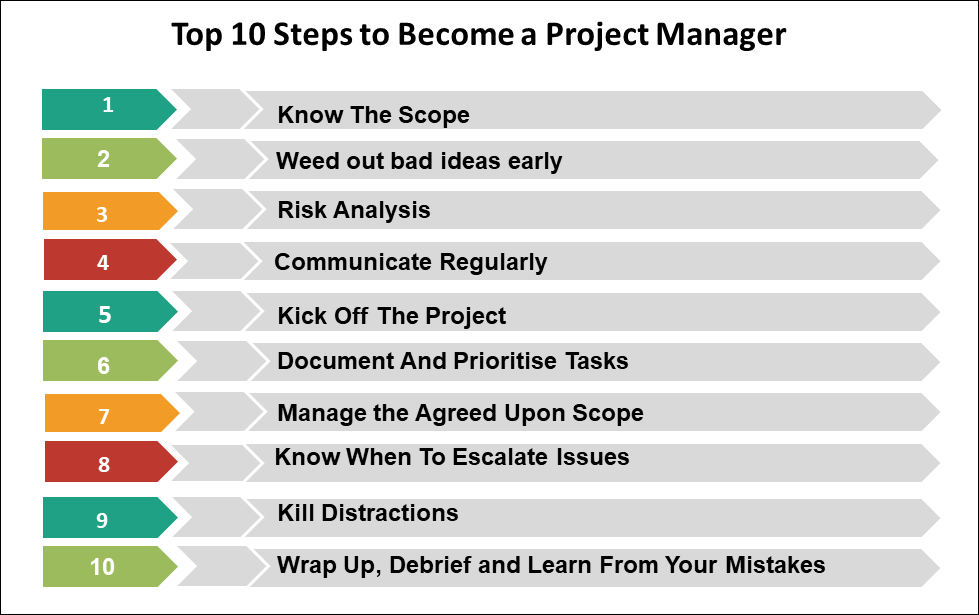
- Determines which skill sets are needed for the project.
- Sets the funding for the work.
- Information meetings to track the project’s progress.
- Specifies the schedule and while frame for the project and all subprojects.
- Determines how the work will be conducted.
- Information on improvement to stakeholders.
- Contains the culture of the team and community.
What Do Project Managers Do?
The basic regulations of project management contain planning, organizing, securing, controlling, leading and managing resources and tasks to accomplish specific company goals. Project Managers define methods to kick off the project, assess and comprehend the project requirements, research and bring the needed experts on board, and monitor the improvement of the work.
Conclusion:
Project management allows to detail what jobs will be completed, who will be interested in meeting the assignments, and when tasks should start and finish. Several devices can be employed to handle the project and transmit timing and status, having task journals, WBSs, and Gantt charts.



